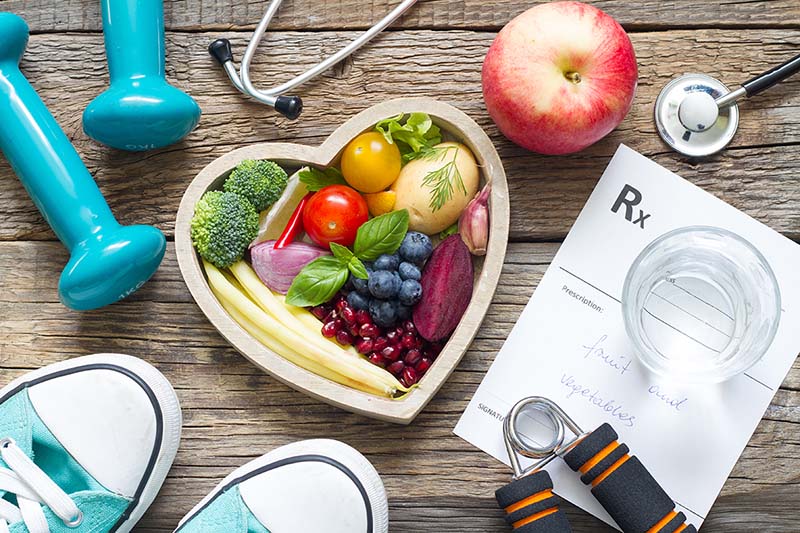5 Tips for Building and Maintaining Healthy Relationships
How can we make the relationships with our loved ones last?
Anyone who has ever been hugged by a loved one knows that we all need social connections. Everyone needs relationships to thrive. But did you know that our closest relationships can have a major impact on our physical health?
Studies show that those who have healthy connections have lower rates of anxiety and depression, higher self-esteem, more empathy, and a better quality of life. However, those who struggle with loneliness, or a lack of healthy relationships, can suffer from real health problems like high blood pressure and chronic inflammation.
So, it stands to reason that in order to live the healthiest life possible, you also need to maintain healthy relationships. But making and keeping healthy relationships can be a lot easier said than done. Here are some tips that can help you build lasting relationships, whether they be with friends, coworkers, family members, or romantic partners:
Be a good communicator
Studies show that effective communication could be the number one ingredient for building and maintaining healthy relationships. Communication skills are what enable you to establish intimacy, resolve conflict, and truly allow yourself and those you love to feel seen and heard.
If you want to improve your communications skills, try:
- Being a good listener (giving someone your full attention, not interrupting their thoughts, etc.)
- Expressing yourself in a respectful way, even in times of stress.
- Making your needs clear and giving room for the other person to do the same.
- Understanding and validating others’ feelings and experiences
- Being honest
- Simply talking about the little things. (Asking questions, sharing information about your day, chatting about your passions, etc.)
Related: How to Become a Better Listener
Have realistic expectations
No matter if it’s a friendship or your relationship with your mother-in-law, your expectations matter. In fact, many conflicts can stem from unmet or unrealistic expectations. For example, if you expect others to read your mind, to always side with your opinions, or to act and behave just as you want them to, you will most likely be disappointed. However, if you take the time to respect others’ boundaries, and to leave room for differences, you’ll find a new sense of healthiness in the interactions between you and your loved ones.
Related: Why You Should Set Healthy Boundaries
Get to know yourself
Our closest relationships often put our own flaws on full display, but this gives them the power to help us learn about ourselves. Practicing self-awareness as it pertains to our relationships can make us better people, and easier to be around. When we learn what behaviors and habits we have that don’t serve us, and set out to change them, we can offer our full, healthy selves to every relationship.
Keep your promises
Relationships take work, commitment, and dependability. If you are constantly putting work and other priorities before your family and friends, or breaking promises to your loved ones, your relationships will suffer. Healthy relationships are based on mutual trust, and the more you can prioritize building trust and following through with the commitments you make, the stronger your relationships will be.
Be open to learning and growing
Relationships offer us the powerful opportunities for learning and growing. Having a willingness to understand others, learning to create and respect healthy boundaries, and remaining committed to self-improvement, will always be the greatest strength you can bring to your closest relationships.
The greatest moments in life are often spent with those who mean the most to us. Sometimes managing those relationships can be tough, but when we take time to listen, apologize, and to understand, we can cultivate deep and lasting connections with those around us. That makes life more meaningful, more enjoyable – and yes, healthier, too!





